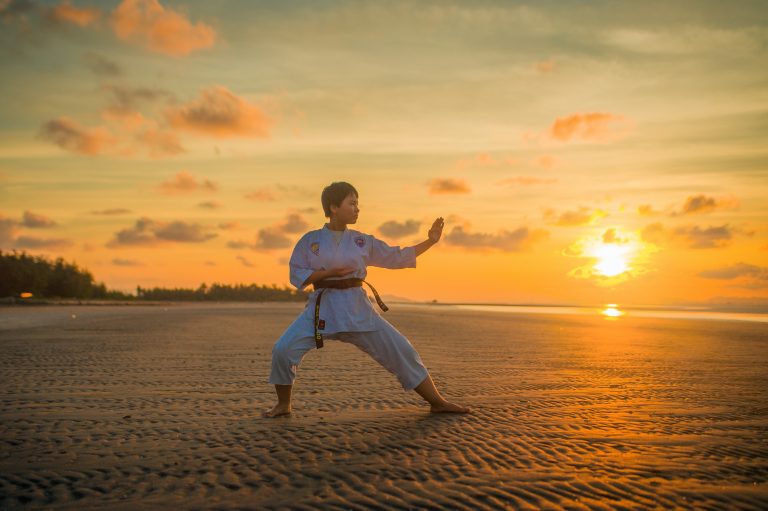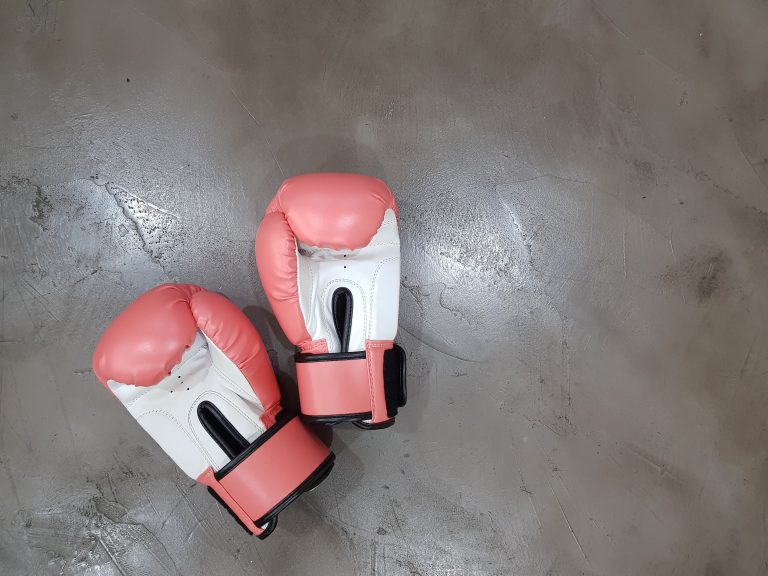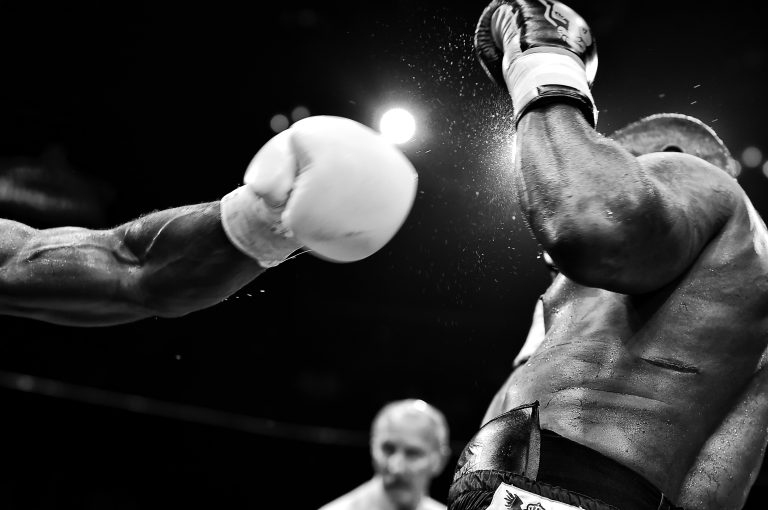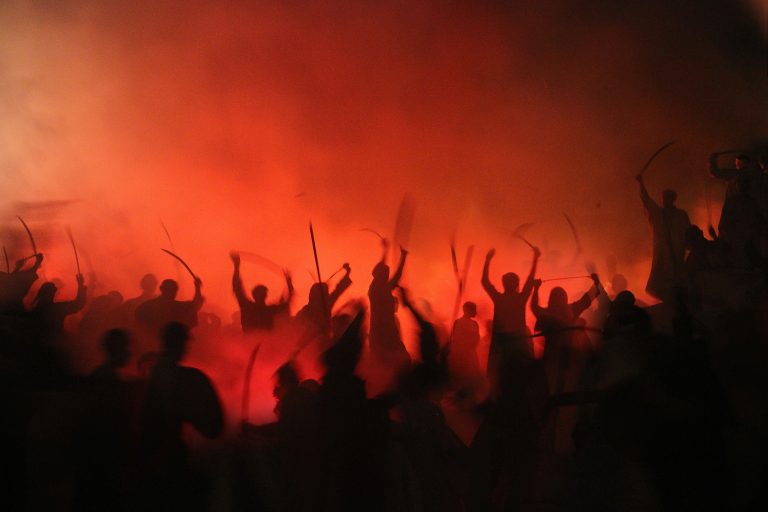What Is Another Word for Karate in English?
When it comes to martial arts, many people are only familiar with a few popular styles such as Taekwondo, Judo, and Karate. However, there is much more to martial arts than these few well-known styles. Karate is a Japanese martial art that is widely practiced all over the world. It is said to have been developed in Okinawa, Japan, and is a combination of different martial art styles such as kung fu and traditional Okinawan martial arts. The word „karate“ comes from two Japanese words, „kara“ meaning empty and „te“ meaning hand. However, did you know that there are other names for karate in English? In this blog post, we will explore the different names for karate in English.
Karate: A Brief Overview
Karate is a martial art that involves strikes, punches, kicks, and blocks. Its techniques are characterized by fast and powerful movements, as well as strong stances. Karate also emphasizes the importance of discipline, respect, and self-control. It is widely practiced not just for self-defense but also as a form of exercise and mental training.
Other Names for Karate in English
While „karate“ is the most commonly used name for this Japanese martial art, there are other terms used to refer to it in English. These include:
1. Okinawan Kenpo
Okinawan Kenpo is a style of karate that originated in Okinawa, Japan. It incorporates techniques from various martial arts such as Chinese kung fu, Japanese karate, and traditional Okinawan martial arts. Okinawan Kenpo is known for its emphasis on fluid movements, as well as its use of circular blocks and counterattacks.
2. Te
Te is another name for karate that is used in English. This term comes from the Okinawan word „ti“ which means „hand“. It is said to refer to the original Okinawan martial arts that karate was developed from. Te emphasizes the use of the hands as weapons and focuses on strikes and punches.
3. Kempo Karate
Kempo Karate is a martial art that combines techniques from karate with those from other martial arts such as kung fu and Jiu-jitsu. It is characterized by its fast and powerful strikes, as well as its emphasis on self-defense techniques.
4. Shotokan Karate
Shotokan Karate is a style of karate that was developed by Gichin Funakoshi in the early 20th century. It is known for its use of strong stances and powerful strikes. Shotokan Karate is also notable for its emphasis on character development and self-discipline.
What is Another Word for Karate in English?
Karate is a martial art that originated in Okinawa, Japan, and is widely practiced across the globe. Karate utilizes kicks, punches, strikes, and blocks, and is both a form of self-defense and a competitive sport. However, many people do not know that there is another word for karate in English, and that is „empty hand.“ In this blog post, we will explore some of the frequently asked questions about the meaning and origin of the term „empty hand“ in relation to karate.
What Does „Empty Hand“ Mean in Karate?
„Empty hand,“ or „kara-te“ in Japanese, refers to the practice of using only one’s body to defend oneself, rather than weapons. The term „empty hand“ was coined by the modern founder of karate, Gichin Funakoshi, as a way to distinguish his style of martial arts from weapons-based styles, such as kendo or iaido.
In essence, „empty hand“ means that practitioners of karate rely solely on their own strength, skill, and technique to defend themselves, rather than relying on weapons or external factors. This emphasizes the importance of discipline, focus, and training in karate, as well as a deep understanding of the body and how it moves.
How Did the Term „Empty Hand“ Originate?
The term „empty hand“ has its origins in the Chinese martial arts styles that influenced the development of karate. In Chinese martial arts, the term „quanfa“ is used to describe unarmed combat, which translates as „fist law“ or „boxing.“ Similarly, the Okinawans who practiced karate called it „tode“ or „tode-jutsu,“ which means „Chinese hand“ or „China hand technique.“ It was the modern founder of karate, Gichin Funakoshi, who translated these terms into „empty hand“ or „kara-te.“
One reason for this translation was to emphasize the philosophical and spiritual aspects of karate, such as the notion of „mushin“ or „no-mind.“ This concept refers to a state of total concentration and focus, in which the practitioner’s mind is empty of distractions or doubts. Similarly, the term „empty hand“ implies a sense of humility, as it suggests that the practitioner has no ego or attachment to material possessions or weapons.
Are There Other Names for Karate in English?
Aside from „empty hand,“ there are several other terms that are used to describe karate in English, depending on the context and the style of karate being practiced. For example, some styles of karate are known as „shotokan,“ „goju-ryu,“ or „shito-ryu,“ which indicate the lineage or origin of the style.
Another common term for karate is „karate-do,“ which means „the way of karate.“ This phrase emphasizes the spiritual and philosophical aspects of karate, and suggests that the practice of karate is not just about physical combat, but also about self-improvement and personal growth.
How to Say „Karate“ in Different Ways in English
Are you looking for another word for karate in English? Perhaps you want to impress your friends with a more refined vocabulary, or you’re writing a paper on martial arts and want to avoid repeating the same word over and over again. Whatever the reason may be, there are actually several alternatives that you can use to refer to this popular Japanese fighting style. In this blog post, we’ll explore some of the most common phrases and terms that are synonymous with karate.
Option 1: Empty-Handed Fighting
Karate is often described as „empty-handed fighting,“ which refers to the fact that practitioners don’t use weapons during combat. This definition perfectly captures the essence of karate, which emphasizes strikes, kicks, and blocks that are executed with bare hands and feet. If you want to add some variety to your writing, you can use „empty-handed fighting“ to describe karate instead of using the same term repeatedly.
Option 2: Way of the Empty Hand
Another translation of karate is „way of the empty hand.“ This phrase highlights the philosophical aspects of the martial art and refers to the way that karate practitioners seek to attain enlightenment through physical training. Using this term instead of „karate“ can also give your writing a more sophisticated tone.
Option 3: Unarmed Combat
„Unarmed combat“ is another phrase that you can use to refer to karate. This term is more generic than „empty-handed fighting,“ as it can also apply to other martial arts styles that don’t incorporate weapons. However, it can still work in the context of karate and provides a viable alternative to the standard terminology.
Option 4: Striking Techniques
As we mentioned earlier, karate emphasizes striking as a primary form of attack. Therefore, you can use „striking techniques“ to refer to the specific moves that karate practitioners use in combat. This term can also apply to other martial arts styles that place a heavy emphasis on striking, such as taekwondo and muay thai.
Option 5: Japanese Martial Art
If you’re looking for a more general way to refer to karate, you can simply describe it as a „Japanese martial art.“ This phrase not only encompasses karate but also includes other popular practices like judo and aikido. This can be useful if you’re writing about martial arts in a broader sense and want to provide a comprehensive overview.
Conclusion
In conclusion, there are several alternative terms that you can use to refer to karate in English. From „empty-handed fighting“ to „Japanese martial art,“ these phrases can help you avoid repetitiveness and add a touch of nuance to your writing. Just be sure to use them appropriately and accurately, as each term carries its own connotations and associations. Additionally, by knowing different ways of describing karate, you can appreciate the etymology and cultural background of martial arts.
Inhaltsverzeichnis






